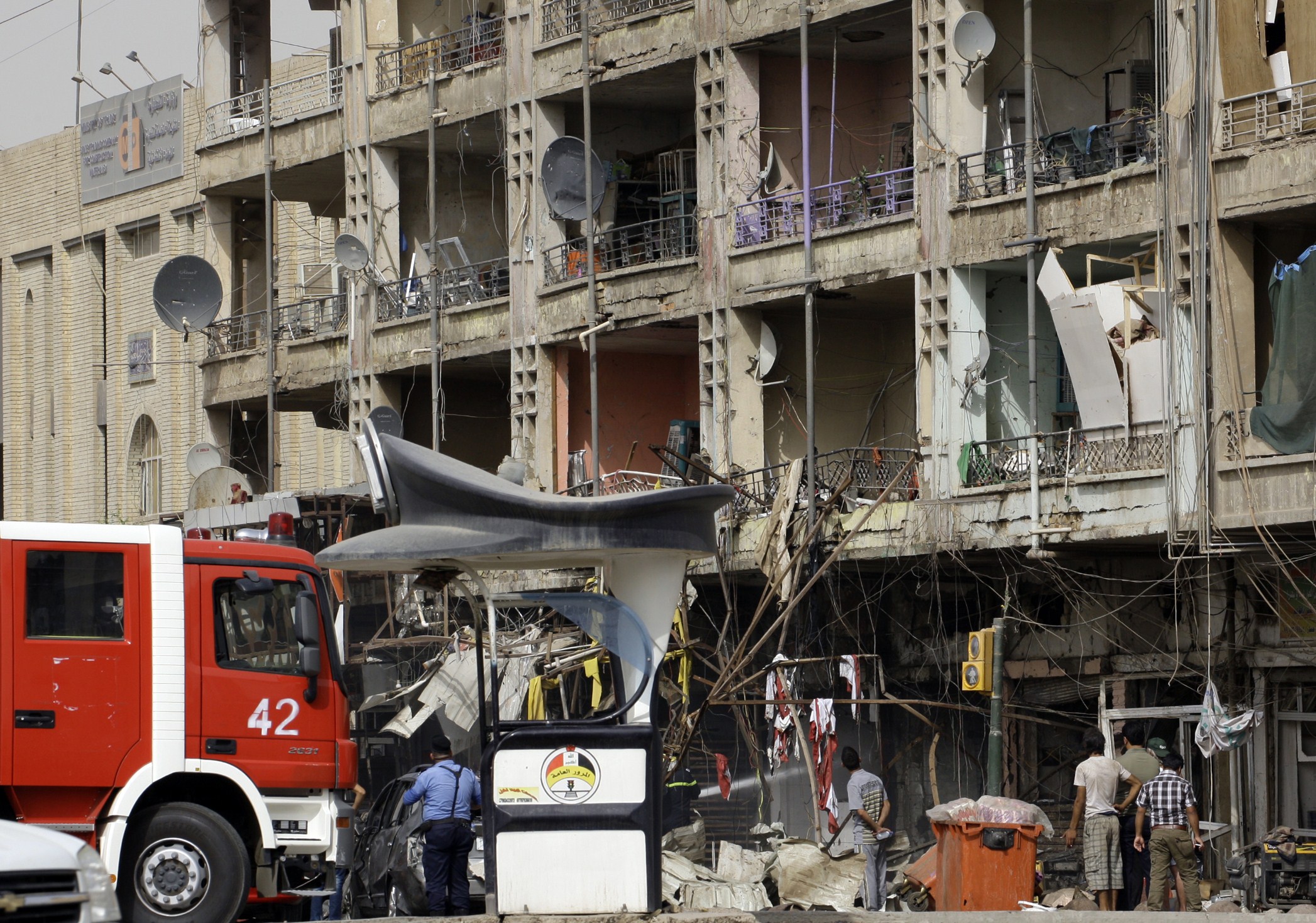Al-Wafd Party is considered by many to be the most powerful and influential official opposition party in Egypt. It has enjoyed a long history as a liberal party in Egyptian politics, having promoted the notion of national unity since the 1920’s.
Al-Wafd, which means “The Delegation” in English, was originally a group of national leaders who came together to negotiate Egypt’s independence with English authorities in 1918. The party was officially established under the leadership of prominent Egyptian nationalist Saad Zaghloul, and remained the majority party in Egypt until the revolution in 1952.
Following Zaghloul’s death, Mostafa Al Nahas became the new leader of Al-Wafd, which created many governmental institutions during King Farouk’s era. However, after the 1952 revolution, political parties were banned from operating until former president Anwar Sadat instituted a multi-party political system.
The party was revived in 1978 under the leadership of Fouad Serag El Din; however, Serag El Din “froze” the party’s activities amid a campaign led by Sadat who detested the party for its pre-revolution political heritage. After current President Hosni Mubarak was elected in 1981, Al-Wafd resumed its activities two years later.
Since then, Al-Wafd participated in five elections between 1984 and 2005, and boycotted one in 1990.
Having inherited a long history of governmental disputes and inner conflicts, Al-Wafd is currently led by business mogul Al-Sayed Al-Badawy, who announced ambitious plans to restore the party’s previous status in Egyptian politics.
Al-Wafd newspaper is the party’s official newspaper. It long served as the main opposition newspaper in Egypt before privately-owned newspapers were introduced. Today, many deem the Al-Wafd newspaper as more powerful than the party itself.
Clashes, sometimes involving gunfire, have also been commonly associated with Al-Wafd. The most recent skirmish came following the 2005 Presidential Election results in which Al-Wafd’s president at the time, Noeman Gomaa, placed third. Following the results, Gomaa was expelled from his position in the party by Al-Badawy, Mahmoud Abaza, and Mohamed Sarhan, and Abaza was elected as the party’s president.
Last May, Al-Badawy managed to defeat Abaza in the party’s internal elections, thereby signaling a “new era for Al-Wafd.”
Since the election of Al-Badawy, the party has been secretly divided into two sides. One side is led by Al-Badawy and is comprised of MP Mohamed Sherdy and other prominent party figures, while the other side is led by Abaza and has the support of Sarhan and Al-Wafd Secretary General Mounir Fakhry Abdel Noor.
Last September, the Al-Wafd’s general assembly gathered to decide whether or not the party will participate in the 2010 elections. Although Al-Badawy’s side — which advocated participating in the elections — emerged victorious, the decision to participate caused further divisions within the party following the resignation of various party members, including Assistant General Secretary Sameh Makram Ebeid.
Al-Wafd is fielding 207 candidates this year, and is expected to form the biggest opposition bloc in the elected parliament; however, the Al-Wafd’s decision to participate was seen by many as a prearranged deal with the NDP to marginalize the Muslim Brotherhood (MB).
As of late, Al-Wafd has been attracting social celebrities and figures from other parties who seek to fortify the party’s status ahead of the upcoming elections.
Party Representation in the PA Elections:
1984 57 seats (in alliance with the Muslim Brotherhood)
1987 35 seats
1990 Didn’t participate
1995 Fielded 185 candidates, but won 6 seats
2000 7 seats
2005 2 seats
Major Party Figures:
Al Sayed Al Badawy: Chairman
Mohamed Sarhan: Vice President
Fouad Badrawy: Vice President
Mounir Fakhry Abdel Nour: Secretary General
